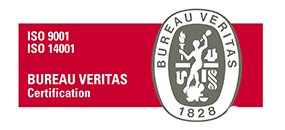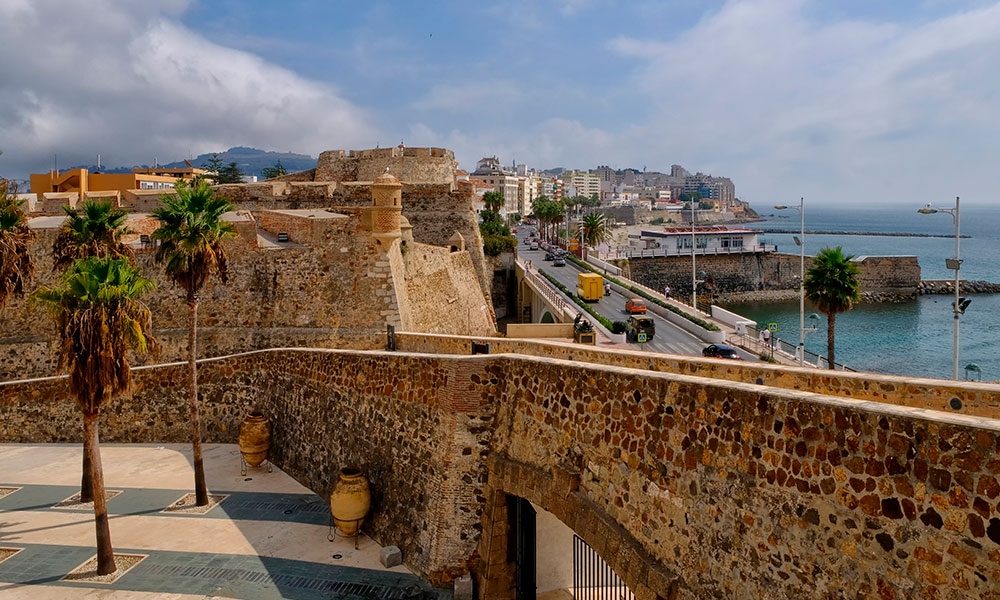
Welcome to our new website, a direct line of communication designed to enhance business relationships by providing a clear and transparent overview of our work.
Our entire company staff are excited about taking up this new challenge, aware that new technologies are the key to continuing to offer the very highest quality and effectiveness in our services.


The wealth of Ceuta: four worlds, two continents and two seas
The history of Ceuta is inevitably linked to its strategic location and a multiculturalism that contains traces of almost all civilisations ever present in the Mediterranean region. These lands have been inhabited by Phoenicians, Romans, Vandals, Visigoths, Byzantines, Arabs, Portuguese, Spaniards... who, after overcoming various conflicts, have given way to a tolerant community characterised by its exceptional heritage and a mix of origins and accents. These days, the city is much more than a door to Africa, as it is popularly known. It is a model of coexistence between Christians, Muslims, Jews and Hindus, with a rich culture, cuisine and festive tradition that is apparent in every corner.
These days Ceuta stands out as a modern city full of examples of this symbiosis. A tour of its streets reveals the presence of four different religions, especially when looking at the city's monuments, its cathedral, its churches and its mosques. It is a beautiful contrast that accompanies the magic of its location between two continents (Europe and Africa) and two seas (the Atlantic and the Mediterranean). This very location has given the city great strategic value throughout history and today that value manifests itself in how the port plays a prominent role in the Strait of Gibraltar, where Salama operates as the main bunkering agency in Ceuta.
Some short historic facts
The first traces of human presence in the area date back to 250,000 BC in Benzú. The Phoenicians arrived in the seventh century BC, founded the city and named it Abyla. It was then occupied by the Phocian Greeks, who renamed it Hepta Adelphoi. Later on, it fell into the hands of Carthage, the Kingdom of Numidia, Mauritania... until it became part of the Roman Empire in 40 AD. The present name of the city comes from this era and refers to the seven mountains in the region (Septem Fratres > Septa > Ceita > Ceupta > Ceuta).
After four centuries in Roman hands it fell to the Vandals, followed by the Byzantines, the Caliphate of Cordoba, the Almohads... With its commercial importance and strategic location being the main attractions.
Before Ceuta was incorporated into Spain in the mid-seventeenth century, the Portuguese dominated the city for more than a century, as a result of a brief battle against the Muslims in 1415. This city in North Africa, conquered by King John I of Portugal, would remain under their rule until a succession crisis led to Portugal joining Castile and others in a union 1578. The Treaty of Lisbon 1668, signed between Spain and Portugal, recognised Spanish sovereignty over Ceuta.
The city suffered various Moroccan sieges during the eighteenth century. In the twentieth century the Spanish Protectorate of Morocco was established in the northern area (1912) and the city later became independent from the province of Cádiz (1925). During the Spanish civil war it played a prominent role as a link between the Army of North Africa and the peninsula.
Ceuta finally acquired status as an autonomous city with the enactment of its Statute of Autonomy in 1995.